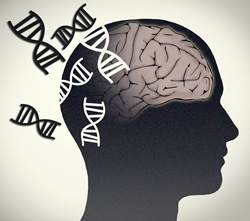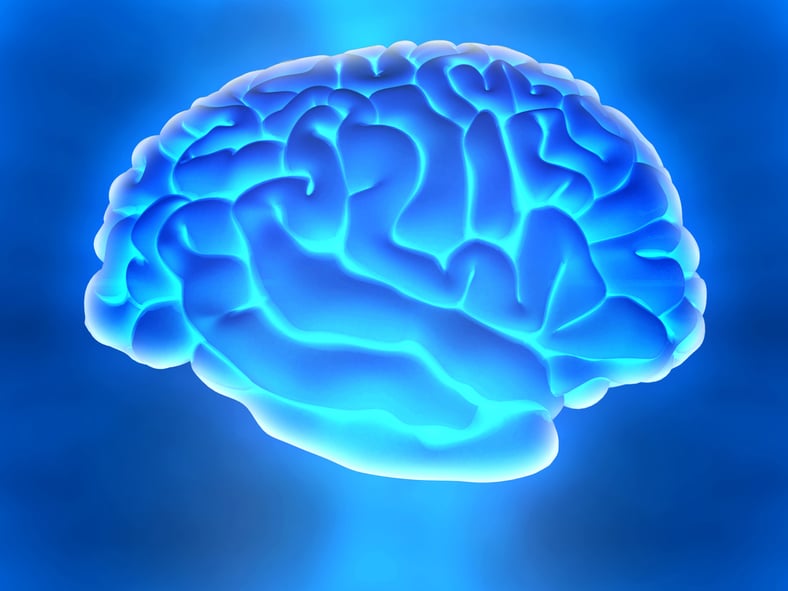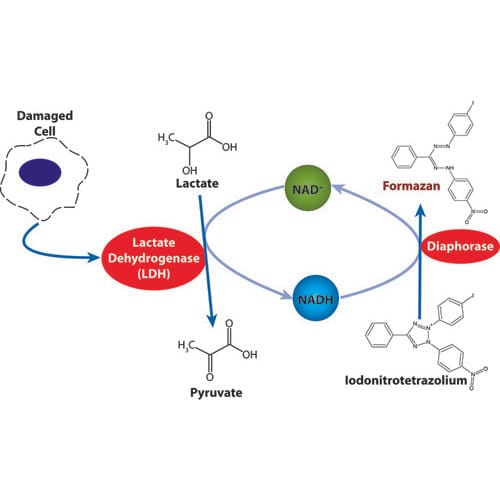Alzheimer’s disease (AD) is a progressive neurologic disorder that leads to the death of brain cells. People with this condition usually exhibit mild memory loss, impaired judgment, and vision (spatial) issues during the initial stages, but the symptoms gradually worsen over time.
Topics: Molecular Biology, Cytotoxicity Assays, Bioassays
What is the Link between Protein Folding and Prion Disease?
Prion diseases (also referred to as transmissible spongiform encephalopathies, or TSEs) are a group of progressive, untreatable, and fatal neurodegenerative conditions affecting both humans and animals. Generally, these conditions are characterized by long incubation periods (usually between 5 to 20 years), disruption in the normal tissue structure (resulting in holes and vacuole formation in the neurons), and the absence of an inflammatory response.
Topics: Protein Purification, Molecular Biology, Western Blotting, Protein Electrophoresis, Cytotoxicity Assays, Sample Clean Up, Protein Concentration, Protein Fractionation, Protein Labeling, Protein Extraction, Buffers & Chemicals
A reliable LDH cytotoxicity assay detects cell toxicity, cell death, cell viability, and cell proliferation. It is also ideal for the application of cell-free supernatants from cells in culture (adherent or suspension).
Topics: Cytotoxicity Assays
Analyzing the effects of necrosis and apoptosis is a vital component of biological research. Although there are numerous assays to detect apoptosis, there are significantly fewer assays available to measure necrosis. The release of LDH is a beneficial method for detecting necrosis, especially when combined with cellular cytotoxicity.
Topics: Apoptosis Assays, Cytotoxicity Assays






